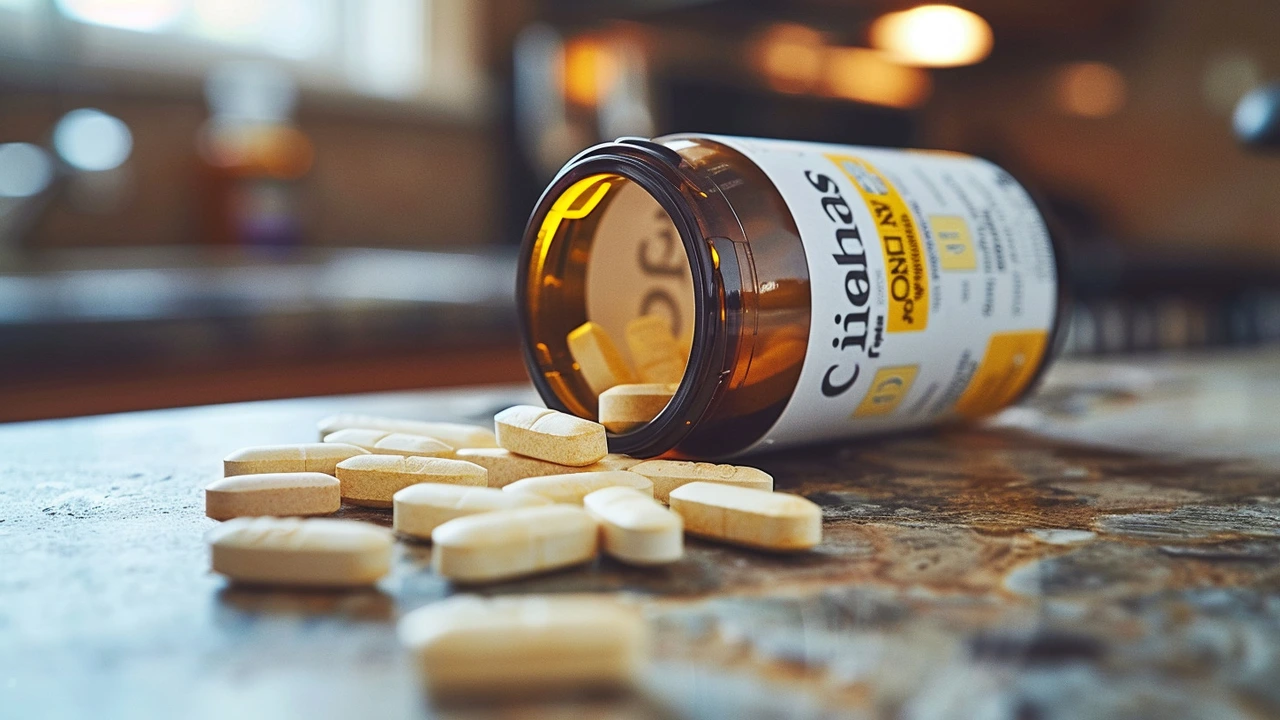Pharmaceutical law: what online medicine buyers need to know
Buying medicine online can save time and money — but it also brings legal and safety risks. Pharmaceutical law decides who can sell drugs, what you need to get them, and how they can be shipped across borders. Knowing the basics helps you avoid fake pills, seized packages, and fines.
Local rules matter
Every country has its own regulators and rules. In the United States the FDA and DEA oversee drug safety and controlled substances. In the UK the MHRA does similar work. Australia relies on the TGA. These agencies require prescriptions for many medicines, control how controlled substances are handled, and set standards for pharmacies. Some countries allow limited personal import of prescriptions, but most restrict or ban importing controlled drugs without prior approval. That means what’s legal in one place may be illegal if the seller or buyer is in another.
Telemedicine and e-prescriptions changed access, but they don’t erase legal limits. Many jurisdictions accept valid electronic prescriptions from licensed local providers. For controlled drugs or certain high-risk meds, laws often require stricter checks: in-person exams, special telehealth protocols, or local prescriber registration. If an online site offers controlled meds without asking for a valid, local prescription, that’s a major red flag.
Quick checklist before you order
Want a practical list? Start here: 1) Verify the pharmacy’s license — check national registers or groups like the NABP, LegitScript, or your local regulator. 2) Make sure a prescription is required and accepted from your country. 3) Look for a working phone number and pharmacist contact. 4) Confirm secure payment and clear shipping policies. 5) Check reviews and watch for unusually low prices or promises of no-prescription access.
Customs and local law matter for deliveries. Many countries allow customs to seize prescription drugs ordered from abroad and may fine the recipient. Shipments that lack proper paperwork or are marked as "medication" without prescription are more likely to be stopped. If a seller suggests ways to hide content or mislabel packages, don’t buy — that’s illegal advice.
If you suspect counterfeit or dangerous medicine, report it. In the US use FDA MedWatch; in the UK use the MHRA Yellow Card; in Australia contact the TGA. Keep packaging, batch numbers, order receipts, and photos — they help regulators spot problems and protect others.
Bottom line: treat online pharmacies like any health service. Use licensed providers, keep your prescriptions and records, and ask your doctor or local pharmacist when in doubt. A few quick checks can save you safety issues and legal trouble later.
Eli Lilly Prevails in Major Cialis Stroke Litigation Case
In a significant legal victory, Eli Lilly has mostly dismissed claims in the lawsuit alleging Cialis caused a stroke. The court found insufficient evidence for warning claims modifications to have impacted the prescribing decisions, though some design defect claims remain unaddressed.
© 2026. All rights reserved.

